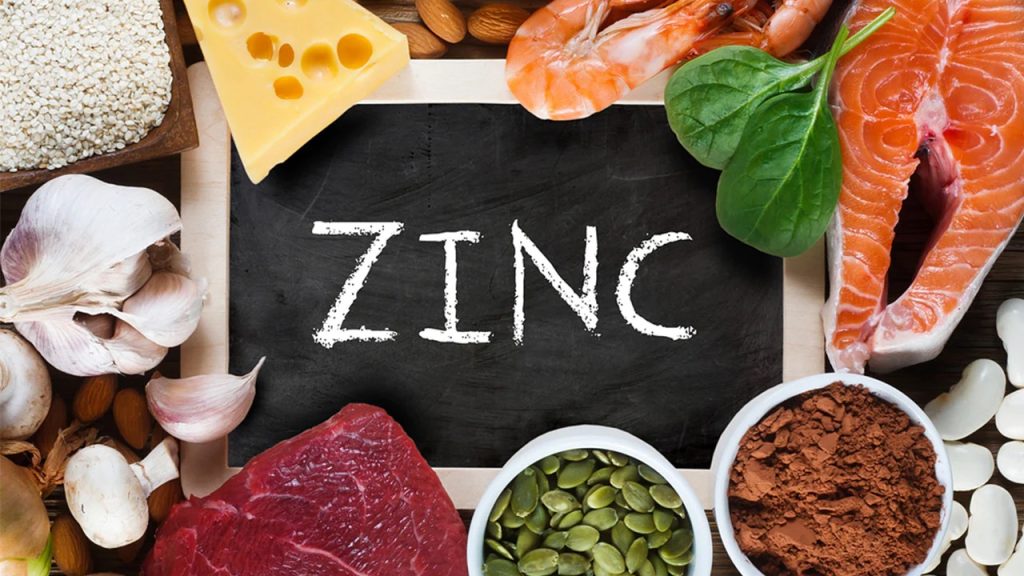
Will Zinc Help You Get Pregnant?
Introduction
A healthy lifestyle and a balanced diet are vital for fertility health. A major part of this is the inclusion of vitamins and minerals in a diet, as they contain materials vital to support cell growth and function. One of the essential minerals to include in a balanced diet is zinc.
Read on to discover how this positively affects fertility.
What Zinc Does
Zinc is a nutrient found in the body and is needed to support the metabolism of over 300 enzymes. Zinc has wound healing properties and is also vital for cell metabolism. It is a vital component of a healthy immune system and helps prevent coughs and colds. The body needs zinc to produce new DNA and cells for development and growth.
Usually, people with a balanced and healthy diet have sufficient quantities of zinc and do not require supplements. Being aware of the power of zinc and how it impacts areas such as fertility is important and heightens awareness of the value of a nutritious diet.
How Zinc Affects Fertility
In fertility, zinc regulates the hormone functions that ensure ovulation is regular and so helps conception. A woman is more likely to conceive if her monthly periods are regular. Zinc is also important for men as it helps with healthy sperm formation. It also supports the development of healthy epithelial tissue in the reproductive system which enables conception. Zinc deficiency in men results in a drop in sperm count and also lowers testosterone levels.
Research shows that it is important to plan for pregnancy and ensure that the body is as healthy as possible prior to conception as zinc levels affect the egg in the very early days of cell development as it divides. Being aware of this issue helps prospective parents prepare ahead to create the best possible conditions for a pregnancy to occur.
How Much Zinc Is Essential?
Most balanced diets contain enough zinc to maintain a healthy body. In general, the average adult requires 8 mg of zinc for women and 11mg for men daily. Food rich in zinc includes dairy, chicken, red meat, beans, whole grains, crab and lobster, nuts, and oysters.
There are some groups who may not be getting enough zinc in their diet either because of what they do not eat or due to medical conditions. Vegetarians may find they have a zinc deficiency due to a lack of meat or fish in the diet.
Those with sickle cell anemia may need an increased level of zinc as a result of their condition, and this is best checked out with a physician as part of the pregnancy planning process. Alcoholics experience low zinc levels as alcohol decreases the absorption of this essential nutrient into the body.
Reducing alcohol intake when planning for pregnancy is another way of preparing the body and ensuring zinc absorption is not compromised. Before deciding to take zinc supplements it is important to check with a physician as there are some medications that interact with them including antibiotics and some diuretics.
How Zinc Deficiency is Diagnosed
A zinc deficiency is easy to diagnose by having a simple blood test. There are several symptoms indicating someone may have a zinc deficiency. These include hair loss which generally resolves once zinc levels are replaced. It also causes skin and eyesores, a loss of appetite, and diarrhea. In some people, zinc deficiency leads to weight loss, an inability to taste food, lowered alertness levels, and problems with wound healing. In children, a lack of zinc can lead to growth deformities. Zinc deficiency is rare in the USA but can occur when there is a low dietary intake of the mineral.
Understanding the importance of zinc within a balanced diet and lifestyle is vital when planning a pregnancy. By eating healthily, exercising regularly, and looking after your wellbeing, you are able to prepare your body for pregnancy and a new family. Check out how Wild Nutrition’s Zinc Plus can help with your plans for pregnancy.
Are you ready to optimize your preconception nutrition?
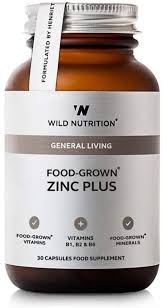
References
- https://www.storkotc.com/blog/fertility-vitamins/
- https://www.ncbi.nlm.nih.gov/pmc/articles/PMC6431494/
- https://www.ncbi.nlm.nih.gov/pmc/articles/PMC6010824/men
- https://ods.od.nih.gov/factsheets/Zinc-Consumer/
- https://www.ncbi.nlm.nih.gov/pmc/articles/PMC6078551/
- https://www.drreebs.com/zinc-and-the-metabolism-of-alcohol/
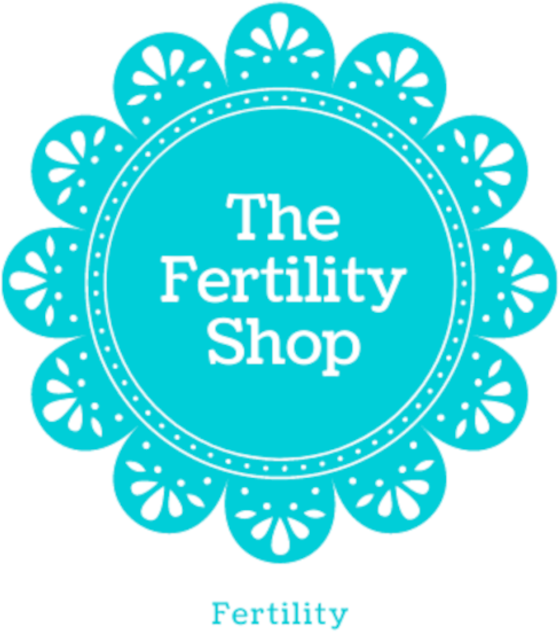
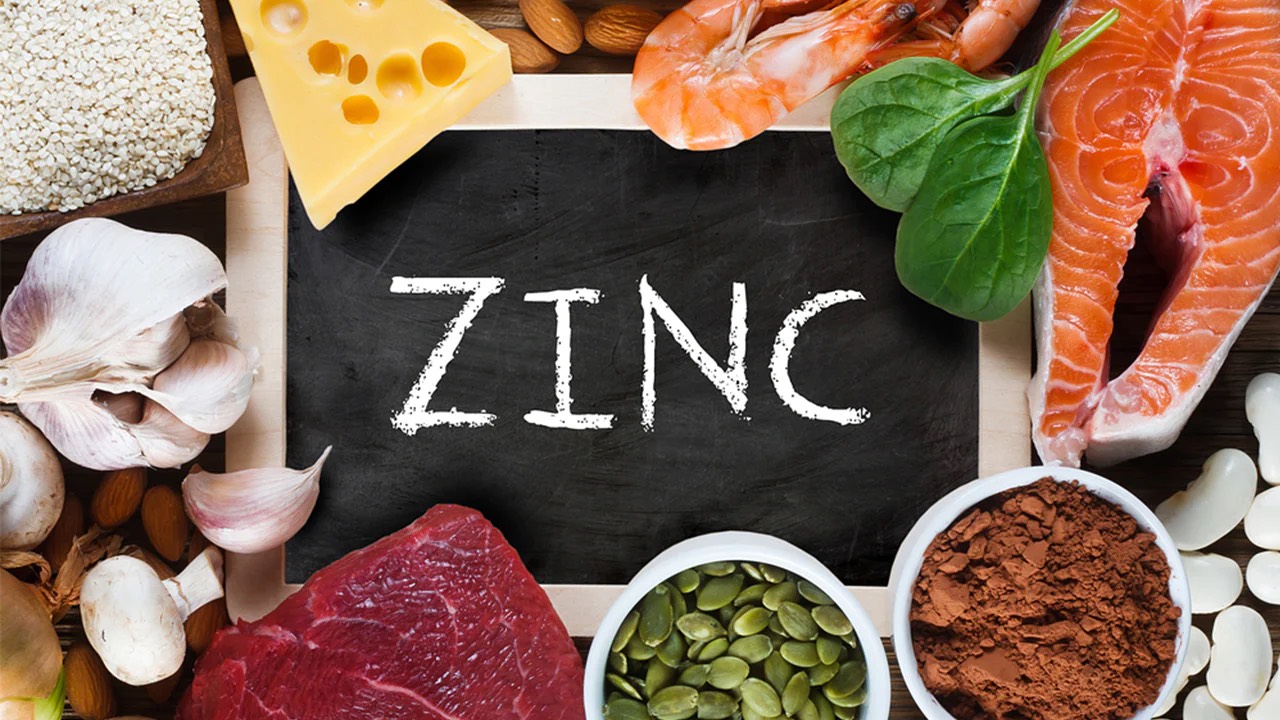



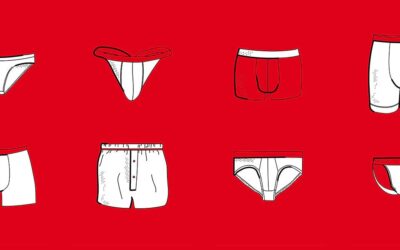
0 Comments